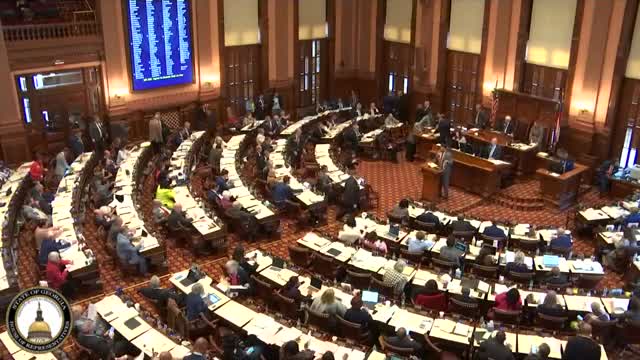Article not found
This article is no longer available. But don't worry—we've gathered other articles that discuss the same topic.
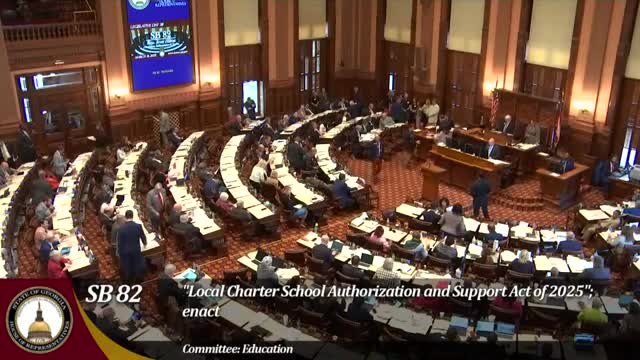
House passes bill aimed at boosting locally approved charter schools; opponents warn of erosion of local control
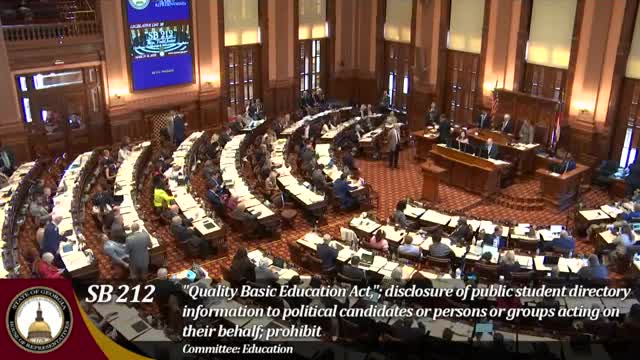
House approves bill restricting release of student directory data to campaigns after debate on voter outreach in schools
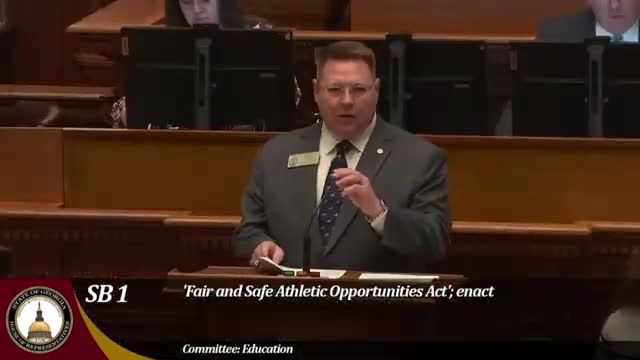
House adopts Riley Gaines Act limiting participation in female sports; bill draws hours of debate
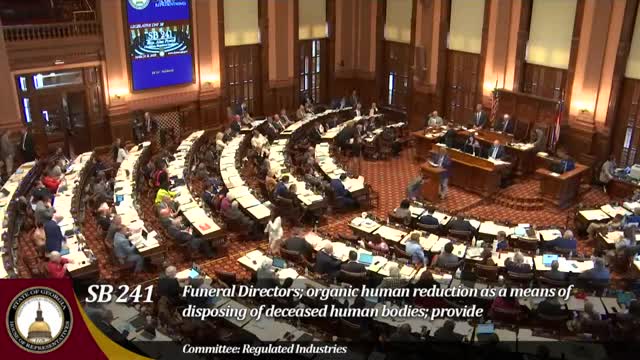
House approves law licensing and regulating ‘organic human reduction’ as a disposition option
